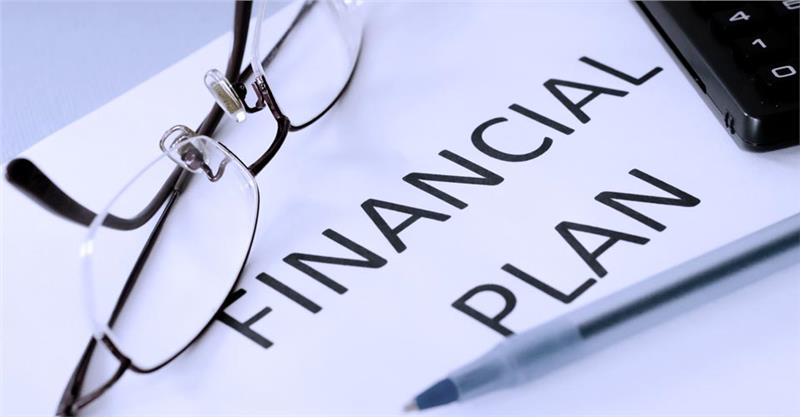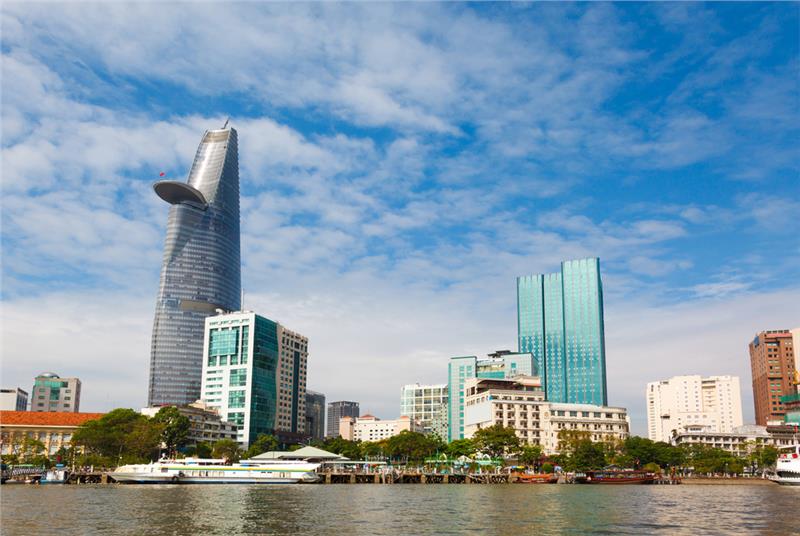Since joining the WTO, Vietnam has made efforts to improve mechanisms and policies to attract Foreign investors in Vietnam. In recent years, policies supporting foreign investment in Vietnam are expected to be more open to investors. The policy toward foreign investors will still develop in a positive direction in many respects. Vietnam has now fully open to foreign investment. From improvement of the government to create the environment for foreign investors after joining the World Trade Organization (WTO) in 2007, FDI inflows increased respectively. With the desire of operating activities of Vietnam foreign investment, many incentives and policies are highly appreciated to attract more investors to Vietnam.

Preferential tax is the policy interested by foreign investors when directly investing in Vietnam. Roadmap adjusting for corporate income tax (CIT) from 32% (in 1997) to 25% (in 2009), most recently 22% (effective in 01/01/2014), and 20% (effective 1/1/2016) creates a huge step in supporting both domestic and foreign businesses in the current economic context. According to investment law in Vietnam, law on tax provides preferential tax rates, tax exemption period for newly established enterprises of investment projects in areas with difficult socio-economic conditions. Besides, tax on import and export contributes to a favorable, attractive environment to investors. Agreements one import and export tax in ASEAN, WTO members has helped investors to reduce input costs, increase productivity, exports, enhance competitiveness in the domestic and international markets. With policy on credit, the State Bank of Vietnam has issued supporting policies on maximum lending rates (VND) at 9% for capital needs. These supports are conducted in five sectors of agriculture; exports, supporting industries; small and medium-sized enterprises; and high-tech applications.

Recently, the government launched a series of new moves to attract investment in Vietnam. Previously, investors in Vietnam are limited to owning 49% stake in domestic businesses (30% for domestic banks), then the limitation is eased in 2014 with the expectation that foreign institutions can own 59% of the charter capital of the company Vietnam. This rate can be further increased in the near future to develop foreign ownership in Vietnam economy. Regulations on foreign ownership on housing will be eased. In this field, the government allows foreign individuals and businesses to purchase and own houses in Vietnam with the duration of 50 years and a number of conditions. However, the Ministry of Construction recently offers to loosen the rules. Accordingly, the foreign owners will be allowed to purchase real estate, property for rent, or sell to the third parties after 12 months. So, although the business environment in Vietnam has many uncertainties for foreign investors, the Vietnam foreign investment policy on property as mentioned above will help the Vietnam economy somewhat more attractive than the previous year.

Currently, Vietnam is entering a new strategic period with the target of making Vietnam become an industrial country with modernization. Implementing accurate policy of investment in Vietnam is one of the most effective methods to appeal more foreign investment in the near future. The orientations are described as follows:
- Create a strong transition from quantity to select high-quality projects with high-tech, friendly environment and suitable for re-oriented economic structure of each region and sectors
- Particularly interested in attracting large-scale projects with highly competitive products in the global chain of transnational corporations, which constructs, develops the systems of industries, and auxiliary enterprises
- Plan to attract foreign investment by industry, sector, and consistent partners with the advantages of each region to promote efficient investment of local, regional and national benefits
- Increase high-quality labor resources to attract foreign investment in Vietnam
To successfully implement targets on attracting and using foreign investment in the near future, the demand of seeking outstanding and effective solutions is very important. Besides, solutions on stabilizing macro economy, expanding domestic market, creating more labor force, developing domestic enterprise system, etc. should be conducted simultaneously.
